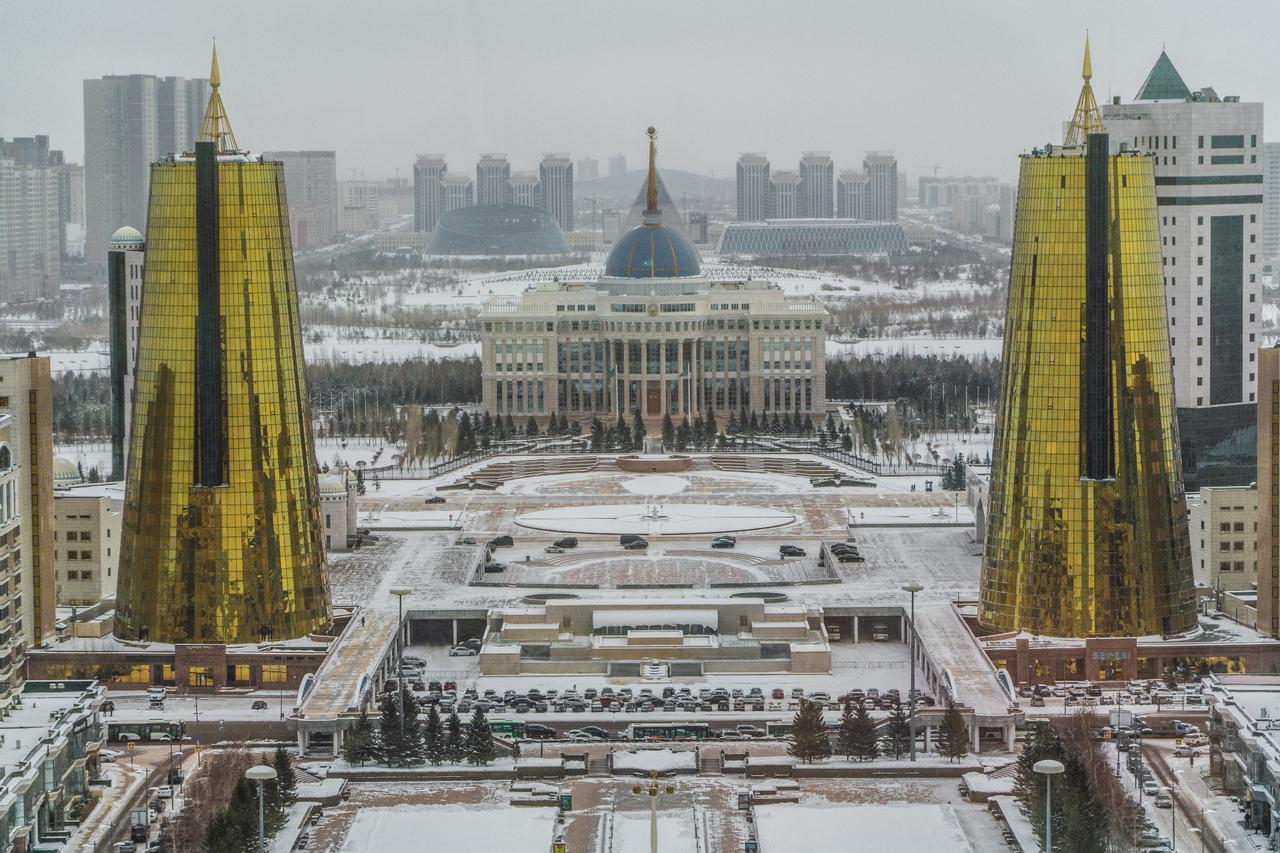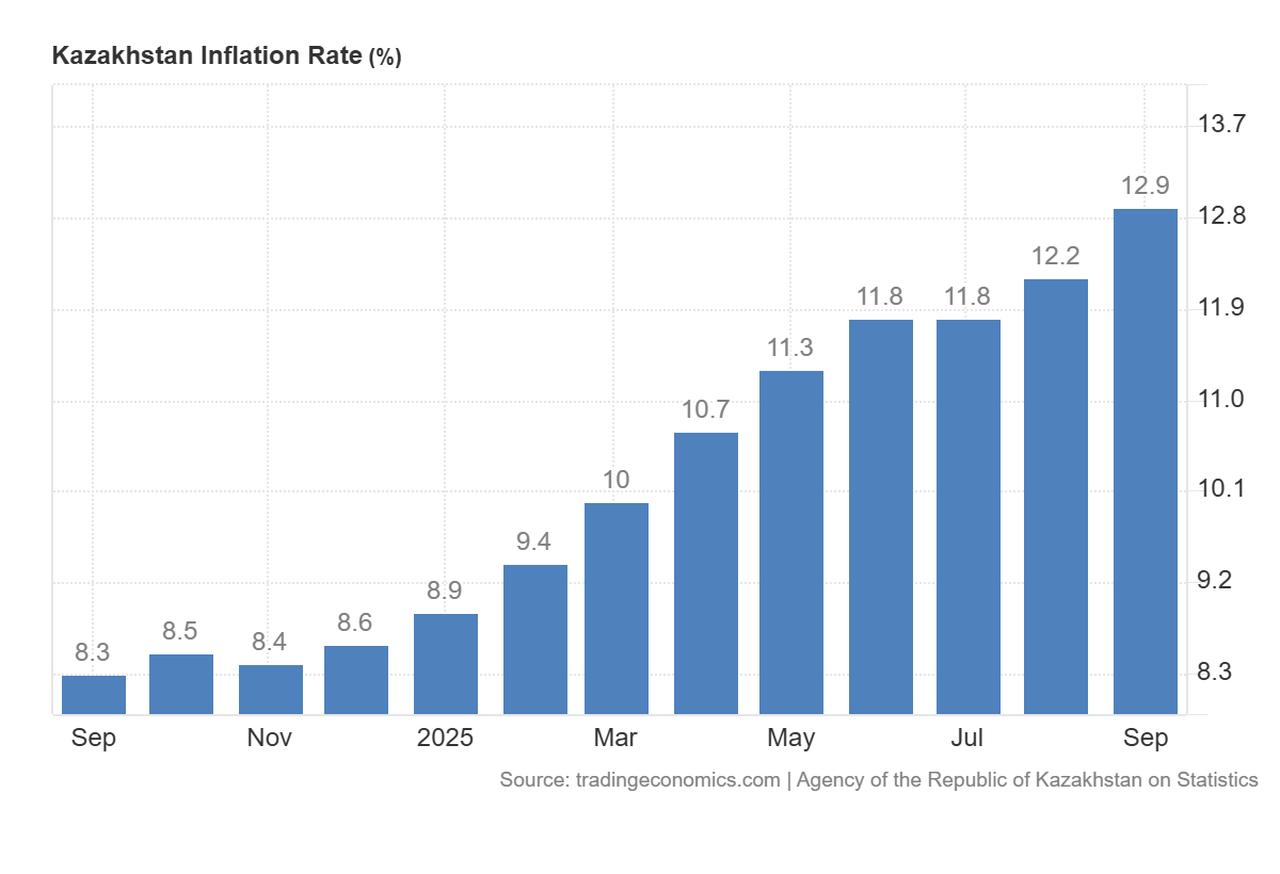
Kazakhstan’s government announced Thursday new measures to curb inflation and protect households from rising living costs, extending existing price freezes on fuel and utilities through mid-2026.
According to the decision taken at a cabinet meeting chaired by Prime Minister Olzhas Bektenov, starting October 16, increases in utility tariffs for all consumer groups will be suspended until the end of the first quarter of 2026. Price freezes on diesel and AI-92 gasoline will also remain in place until inflation stabilizes, as part of the implementation of President Kassym-Jomart Tokayev’s economic reform directive aimed at providing relief for citizens, the statement said.
The government’s latest actions recall the January 2022 protests, when a sudden surge in liquefied petroleum gas (LPG) prices triggered the largest unrest since Kazakhstan gained independence from the Soviet Union in 1991. The demonstrations escalated nationwide, resulting in hundreds of deaths and the deployment of Russian troops to restore order.
By extending fuel and utility price controls into 2026, Astana aims to prevent renewed instability while addressing the continuing cost-of-living strain on households.
To prevent further increases in the cost of essential food products, the government also plans to double financial support for domestic agricultural producers through stabilization funds — regional programs that help offset price spikes in basic goods.
Authorities said regional commissions will intensify efforts to identify "unjustified intermediaries and inflated trade markups" in the food supply chain. Officials also plan to expand affordable mortgage access and ease tax collection for small businesses to help maintain economic stability.

Inflation in Kazakhstan rose to 12.9% in September, well above the 8% rate in neighboring Russia. The National Bank of Kazakhstan recently raised its key interest rate to 18%, the highest level on record, in an effort to contain price growth.
The country, which accounts for about 2% of global oil output, has faced sustained inflationary pressure since Russia’s invasion of Ukraine disrupted regional trade and increased costs for imported goods and energy.